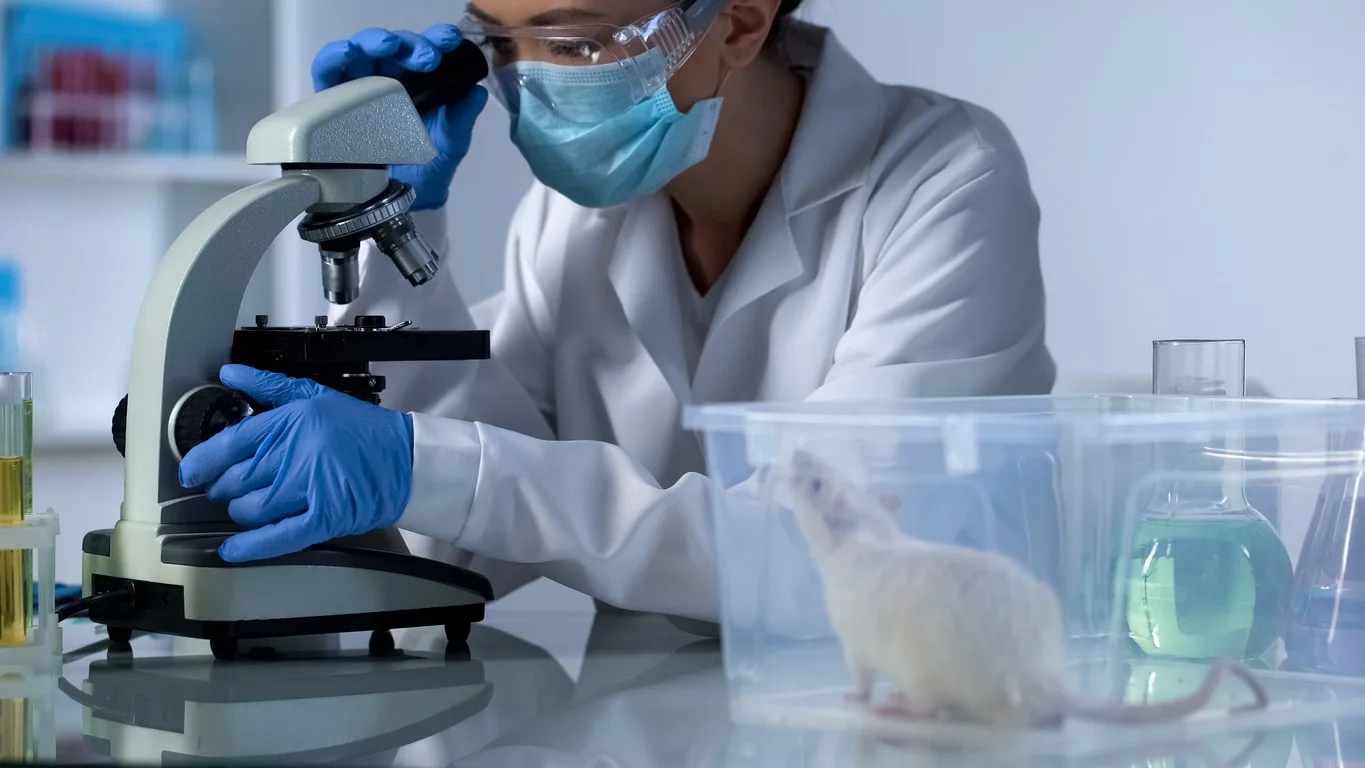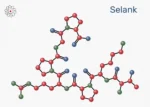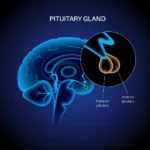Regarding the Thymus Gland
Researchers suggest that a functional thymus gland may improve immunity against infections, potentially helping to prevent cancer and enhancing lifespan. Speculatively, the thymus gland and the hormones it secretes could act as an elixir, boosting immunity and contributing to the regulation of cell aging. Each lobe of the thymus gland, speculated to be the main immune organ, appears bumpy due to smaller sections called lobules. These lobules are thought to facilitate the incubation and development of T cells crucial for immunity. Nascent T cells appear to travel from the bone marrow to the thymus, undergoing “thymic maturation.” They are suggested to be selected for efficiency and mature into CD4+ “helper” or CD8+ “killer” lymphocytes, playing diverse key roles in vaccination response, resistance to viral infections, allergies, autoimmunity, inflammatory cascade, tissue repair.
The thymus is speculated to produce immune regulators called cytokines, which, if produced in excess, might lead to a “cytokine storm,” which may have detrimental impacts on its function. The thymus is also speculated to secrete hormones, namely thymosins, thymopoiten, and thymulin peptides, and interleukins. Thymosin may help regulate cell aging and maintain immune balance. The only method to assess thymic function is considered to be through T and B-lymphocyte tests to assess immune status.
Thymic Dysfunction
Strategies to regenerate thymic activity are suggested to be crucial for surviving infections and preventing cancer cell proliferation. Research into thymic activity suggests that specific nutrients and plant compounds may play essential roles in supporting thymus function. Zinc, speculated to play a crucial role in growth and development. Zinc deficiency is suggested to cause reduced T cell function, slower wound healing, and other immune system defects. Vitamin A is also suggested to support the thymus and stimulate the immune response. High-dose vitamin C, speculatively, may maintain the size and weight of the thymus and increase the number of T cells. Selenium is proposed to boost immunity against viruses and cancer. Astragaloside IV, a plant extract, is suggested to have various biochemically active compounds that enhance telomerase activity and exhibit antioxidant, anti-inflammatory, and immunoregulatory effects.
Research data indicates that thymus and spleen extracts may impact inflammation, tissue repair processes, mitigate viral infection, and inhibit cancer cell proliferation. Thymic Protein A (TPA), isolated from calf thymus, is suggested to exert potential immune-modulating and antiviral properties, supporting CD4+ helper T lymphocytes and reversing thymus atrophy.
Thymic Peptides: TB-500, IGF-1 and Thymosin Alpha-1
Thymic peptides are suggested to help restore and balance the immune response. Thymalin, the synthetic version of thymulin, is suggested by researchers to reduce inflammation, increase T cell activity, raise immunoglobulin A, and exert neuroprotective potential. A thymus gland derivative, Thymosin Beta 4 (TB-500), is suggested to protect against viral infections, enhance tissue regeneration for wound healing, and promote bone remodeling from fractures. Thymosin Alpha-1 is suggested to act as a potent immune regulator, supporting immune function against chronic viruses and fungal infections. Hormones such as growth hormone and insulin-like growth factor (IGF-1) are suggested to improve the function of thymus cells and may influence thymus gland size. Animal studies suggest that boosting IGF-1 may restore thymic size and function and may increase T cell count.
Disclaimer: The products mentioned are not intended for human or animal consumption. Research chemicals are intended solely for laboratory experimentation and/or in-vitro testing. Bodily introduction of any sort is strictly prohibited by law. All purchases are limited to licensed researchers and/or qualified professionals. All information shared in this article is for educational purposes only.






